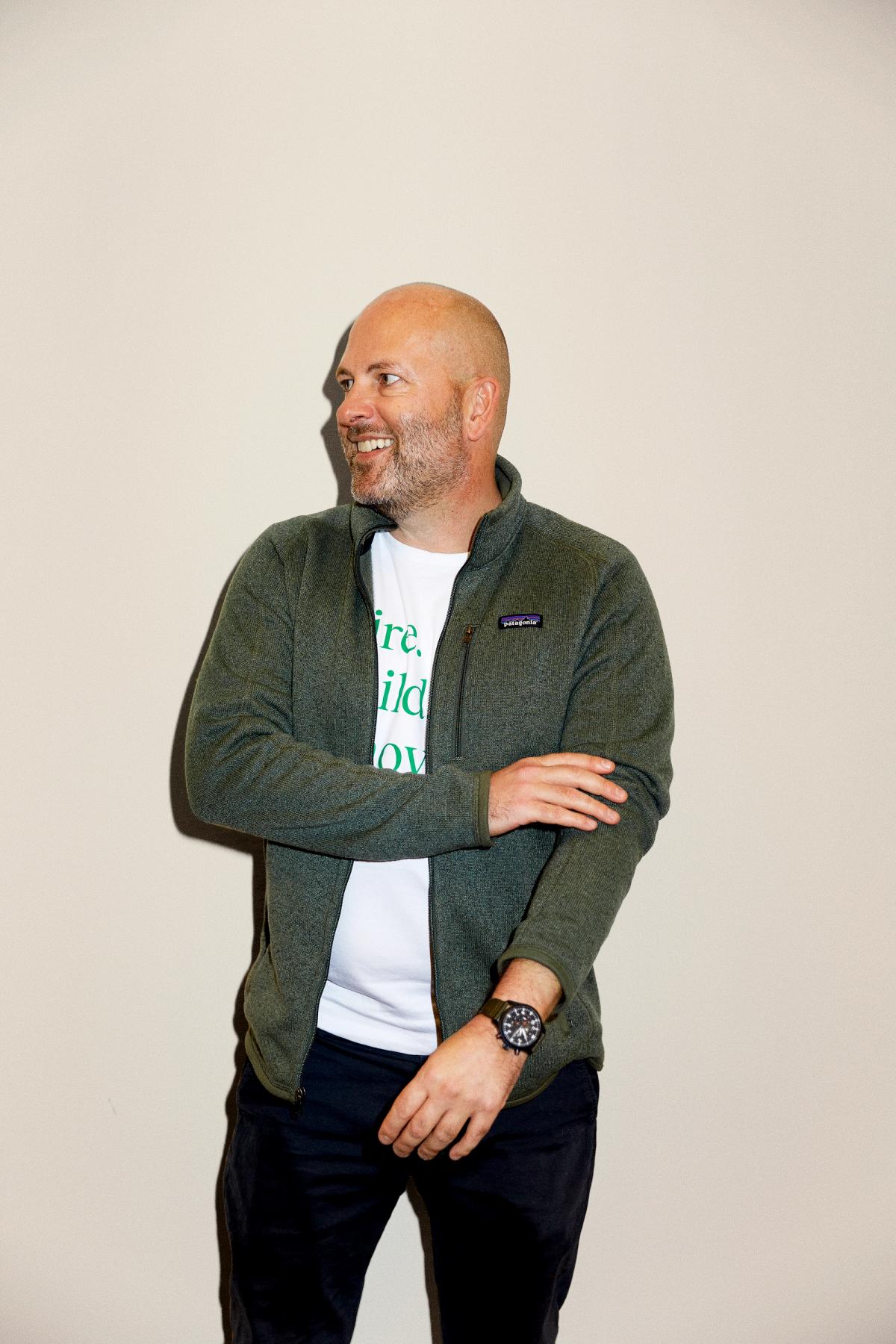Overcoming the Challenge of Job Loss: Tips and Strategies for Moving Forward

2022 might have started out great in the job market, but for at least some people 2022 ended with a job loss. After a period of rapid hiring, it’s often necessary to take a step back and evaluate — which mostly ends with a least some slimming of the organization. The startup funding crunch did also not help matters.
Regardless of the reason, you are now in the market for a new job. Let’s have a look at how you could move forward. We have gathered some tips and tricks, which will see you in your dream job before you know it.
Tip number 1. Go fast but slow.
Regardless if we’re in a recession or not, people sometimes underestimate how long a recruitment process might take (hint: sometimes longer than you expect), hence it’s wise to get off to a good start = go fast. Start updating your CV (more on this in tip number 3) and start thinking about specific roles or opportunities that you might be interested in. Losing your job is mostly not that fun, and it’s very easy to lose track of time. A couple of weeks to get your mind straight, followed by a vacation/house project, not getting the job you just spent six weeks in the process for etc. — all that equals valuable time lost.
On the other hand, it’s essential to go slow. Interviewing for a new job requires the best version of yourself if you are to be successful. If there’s still anger or bitterness lingering somewhere, which is related to your job loss, it’s wise to get that out of the way. Spending 50 % of a job interview explaining why your former employer should never have let you go, is rarely a great idea.
Tip number 2. When one door closes another opens.
I know this sounds banal, but there is some truth to it. Sometimes faith gently pushes you in a direction that wasn’t really intended — which might be good or bad. When that door closes it is a wonderful opportunity to reflect on what you’re good at — or not that good at, what makes you happy etc. If I had a dollar for every time I have spoken to someone who wasn’t happy in their job, but still relentlessly pursued precisely the same job, again and again, I would be writing this post on my private island on a gold laptop. If you’re miserable in i.e. sales, then take the pay cut and lose the company car, and do something that makes you happy.
Again — job loss is never fun, but it is an opportunity to reflect and put yourself in a better place than before.
Tip number 3. Writing a CV/updating your Linkedin.
Most people might have more than one possible direction they could take, but most people only have one CV. Said CV is the 14th iteration of something you wrote in college, and not only is it time to let it go and start from scratch, but you should also have a resume for each potential career path you are pursuing.
Let me explain. Some ATS (applicant tracking systems) will screen a CV for keywords, and if you don’t have the right keywords — you’re not getting the interview. In other cases, an HR person (who knows nothing or very little about the specific job function you are applying for) will screen your CV. If that person does not see the right keywords — you’re not getting the interview.
If you have an updated CV for each potential career path, you’re off to a great start!
Tip number 4. Career planning.
Sometimes I’ll speak to a candidate with a specific role in mind — for arguments sake let’s say CEO. Very often there is some kind of gap between their current role and the role of a CEO, but most people don’t seem to spend a lot of time or energy reflecting on that gap, or how to bridge it.
Example: I can run 5 km, and I would like to be able to run 15 km. That transition is probably not going to happen overnight. I’m not going to wake up on a Tuesday and magically be able to run 15 km, and someone is not going to offer you a CEO role out of the blue. It’s takes planning, focus and “excercise” to bridge a gap like that.
As in Tip number 2, job loss is an opportunity to reflect on your life goals and plan accordingly. In this case focusing on how your next job can help you get your dream job, whatever it may be. Maybe you taking a paycut, a less prestigious title, working more hours (or less hours) or challenging yourself in a different way, can help you get to where you want to be.
If you can move directly into your dream job without doing any of the above, great! But sometimes there is a gap — and you’ll have to bridge that gab somehow.
Happy hunting!
